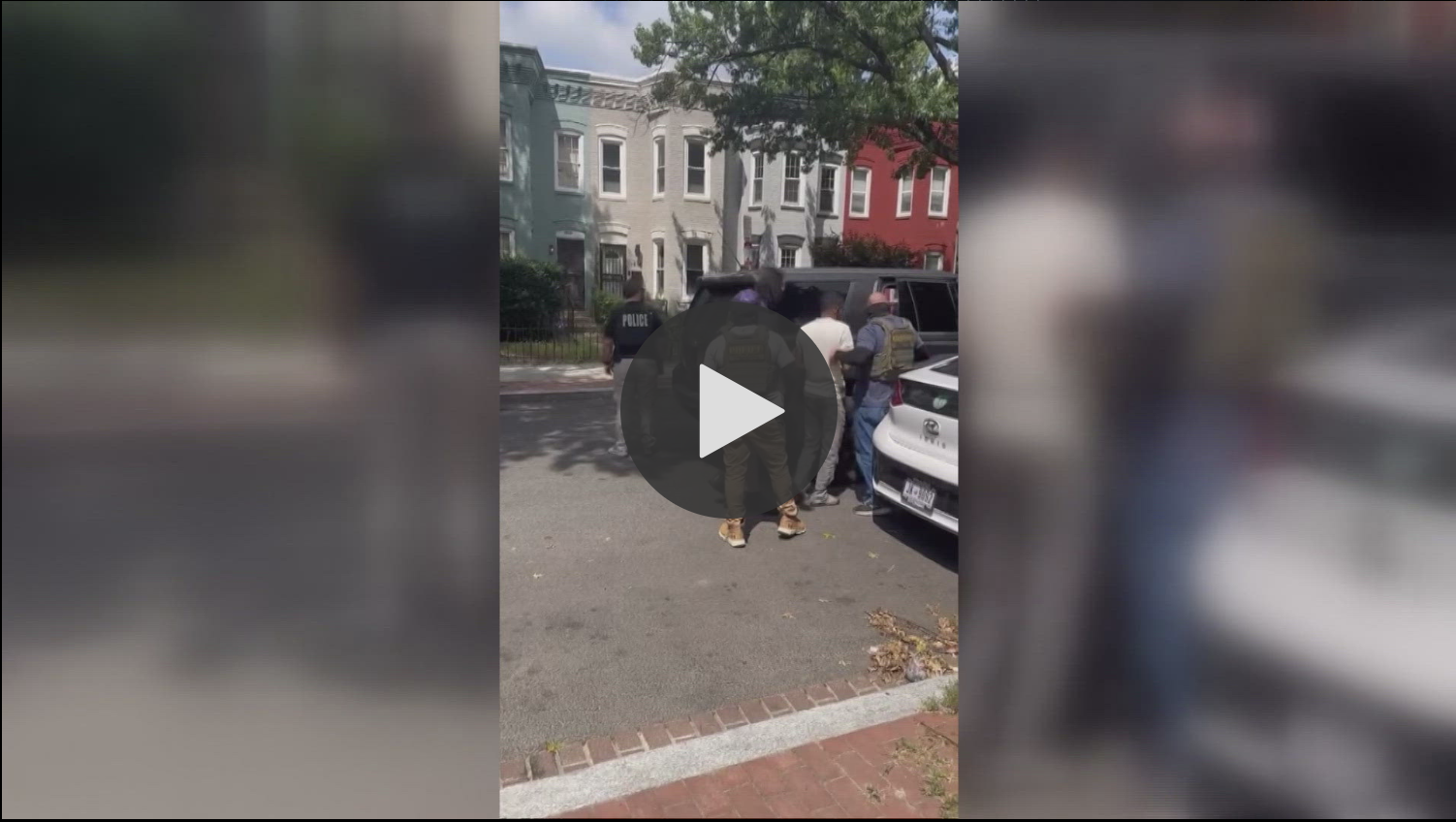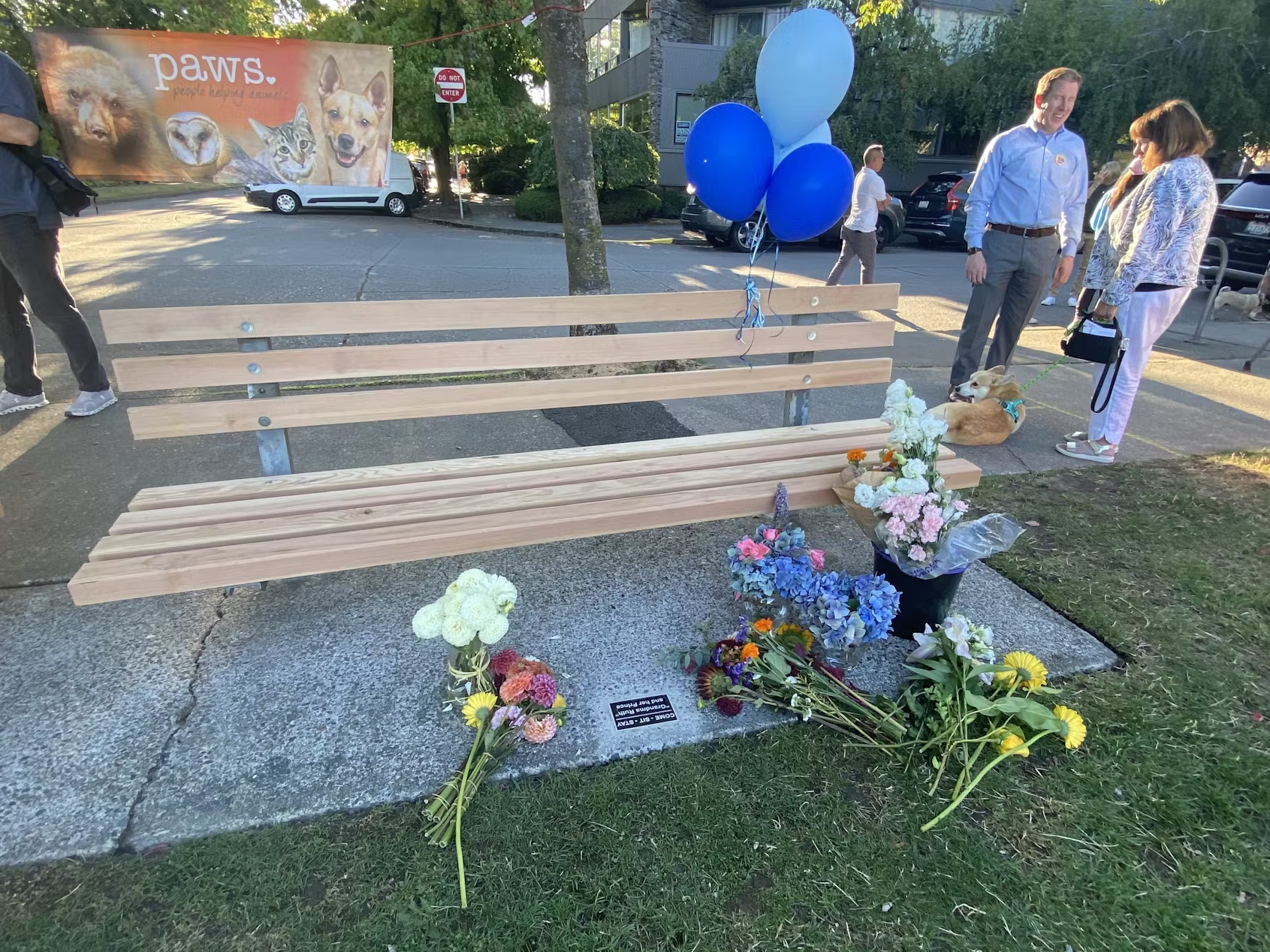In today’s fast-moving world, dash cams have become a common sight inside vehicles across the United States. Whether it’s a commuter navigating the congestion of Charlotte or a delivery driver crossing the mountain roads of Asheville, dash cameras serve as impartial witnesses to what really happens on the road. In North Carolina—where even 1% of fault in an accident can leave you uncompensated due to contributory negligence laws—the need for clear, verifiable footage has never been more important.
From insurance disputes and accident investigations to protecting oneself from fraud or theft, dash cams offer everyday drivers critical evidence and peace of mind. But what are the rules in North Carolina when it comes to installing and using a dash cam? This article breaks down everything you need to know, including the legalities, best practices, regional concerns, and tips to get the most from your device.
What Is a Dash Cam and Why It Matters
A dash cam, short for dashboard camera, is a recording device mounted inside a vehicle that captures video footage—often accompanied by audio, GPS data, and speed information—of your journey. Some dash cams are front-facing only, while others provide rear, side, and even interior coverage. More advanced models come equipped with night vision, g-sensors to detect collisions, and even live cloud uploads.
These devices are useful for:
-
Documenting traffic collisions
-
Capturing hit-and-run incidents
-
Protecting against staged accidents or insurance fraud
-
Recording police encounters
-
Monitoring teen or fleet driver behavior
-
Providing legal defense in civil or criminal matters
In cities like Raleigh, Greensboro, and Wilmington, drivers are increasingly adopting dash cams for their ability to preserve truth and clarify fault.
Legal Overview: Are Dash Cams Legal in North Carolina?
Legality of Ownership and Use
North Carolina law allows private individuals to own and operate dash cams. There are no restrictions against their usage in personal or commercial vehicles, making it fully legal to install a dash cam in your car, truck, or SUV.
Placement Regulations
Although there are no specific state laws about where dash cams must be placed, drivers are expected to maintain a clear view of the road. This means the device should not obstruct the windshield or block mirrors. Most users mount their devices:
-
On the dashboard
-
Behind the rearview mirror
-
In the lower corner of the windshield
In congested traffic zones like Charlotte’s I-77 corridor or Raleigh’s I-40 interchanges, proper positioning ensures both safety and compliance with general obstruction rules.
Audio Recording Laws
North Carolina is a one-party consent state. This means that as long as one person involved in a conversation (such as the driver) consents to audio recording, it is legal. This applies to conversations happening inside the car between the driver and passengers.
To stay on the safe side, many drivers choose to place a notice on their dash (“Audio and video recording in use”) to avoid misunderstandings—especially for Uber, Lyft, and taxi drivers.
How Dash Cam Footage Is Used in North Carolina Courts
Admissibility in Legal Cases
Dash cam footage is generally admissible in North Carolina courts, whether for traffic disputes, civil lawsuits, or criminal cases. However, to be accepted, the footage must be:
-
Authentic (unedited and verifiable)
-
Relevant to the case at hand
-
Collected legally (e.g., not recorded on private property without consent)
If an accident occurs in a city like Durham or High Point, dash cam video can be the difference between a successful claim and total denial of liability—especially under North Carolina’s strict contributory negligence laws.
Contributory Negligence and the Importance of Evidence
Unlike most states, North Carolina applies a pure contributory negligence rule. This means if a driver is found to be even 1% at fault for an accident, they may be barred from recovering any damages.
Dash cam footage can play a pivotal role by:
-
Showing that the other driver was entirely at fault
-
Contradicting false claims
-
Providing evidence that supports an eyewitness account
In accident-prone areas like Winston-Salem’s I-40 corridor, drivers frequently use dash cams to protect themselves from being unfairly blamed.
Dash Cams and Insurance in North Carolina
Insurance companies increasingly welcome dash cam footage as evidence to expedite claims and determine fault. In areas like Raleigh-Durham, where commuting accidents are common, some insurers report a faster resolution when clear video evidence is presented.
Common Scenarios Where Dash Cams Help:
-
Rear-end collisions at stoplights
-
Lane-merging accidents
-
Disputed traffic signal violations
-
Hit-and-runs in parking lots or highways
While most insurance companies don’t offer premium discounts for dash cam ownership yet, many agents encourage drivers to keep and preserve footage in the event of a claim.
Privacy Concerns and Legal Boundaries
Recording in Public vs. Private Spaces
Dash cams can legally record public roads, highways, and streets, including footage of other drivers and vehicles. However, problems can arise when dash cams record:
-
Inside someone’s private property
-
Through windows of private residences
-
In areas where individuals have a reasonable expectation of privacy
In Asheville, for example, where winding roads bring vehicles close to homes, angling the dash cam away from private yards or driveways helps avoid potential privacy violations.
When Law Enforcement Wants Your Footage
Police may request dash cam footage after an accident or during a criminal investigation. If you voluntarily share it, it may be used as evidence. However, unless they have a warrant or legal justification, officers generally can’t seize or access your device without consent.
Drivers in cities like Fayetteville, especially those near military zones or airports, should be mindful about where and when they record—and consult an attorney if they feel their rights are being challenged.
Best Practices for Dash Cam Use in North Carolina
Choose the Right Camera
Depending on your location and needs, choose from:
-
Front-only cameras: Basic models ideal for rural or low-traffic areas
-
Dual (front + rear) cameras: Useful in city traffic where rear-end collisions are common
-
Triple (front + rear + interior): Ideal for rideshare drivers in busy cities like Charlotte or Raleigh
Optimal Mounting
-
Mount near the rearview mirror or on the dashboard
-
Avoid center windshield placement to maintain visibility
-
Use cable clips or interior channels to tuck away wires
Settings & Storage
-
Use high-quality microSD cards (32–128 GB recommended)
-
Set resolution to 1080p or higher for clear image capture
-
Enable loop recording so old files are automatically overwritten
-
Back up important footage promptly after incidents
Stay Informed
Check for periodic updates in traffic laws or legal interpretations related to dash cams. Local DMV offices in cities like Hickory or Goldsboro can sometimes provide safety brochures or refer you to state vehicle compliance laws.
Real-Life Examples from Across North Carolina
Charlotte
With high congestion on I-485 and frequent multi-car pileups, Charlotte drivers benefit heavily from dash cam footage that captures red-light runners or aggressive lane changers. Commercial fleets also equip their trucks with cameras to protect against liability.
Raleigh
Home to several universities and major tech campuses, Raleigh sees a mix of student drivers and out-of-state commuters. Dash cams help clarify incidents involving rental vehicles and rideshare drivers, especially in downtown zones or around Glenwood Avenue.
Wilmington
Wilmington’s beach traffic and storm-prone conditions mean many drivers install dash cams for safety. During hurricanes or evacuations, footage helps assess liability and damage documentation when multiple vehicles are involved.
Asheville
With curvy roads and frequent wildlife crossings, dash cams are especially valuable in documenting unexpected incidents, including deer strikes or black ice accidents on mountain highways like the Blue Ridge Parkway.
Cost, Installation, and Accessibility
Dash cams are available for every budget. Typical options include:
-
Budget models ($50–$80): Great for basic needs, but may lack night vision or GPS
-
Mid-range models ($100–$200): Offer full HD recording, g-sensors, dual-lens capability
-
Premium models ($250+): Include features like 4K, Wi-Fi, cloud storage, or three-channel recording
Most models are plug-and-play with a 12V outlet (cigarette lighter) and require minimal setup. More permanent solutions can be hardwired by a professional installer, common in larger cities like Greensboro or Chapel Hill.
Rideshare, Delivery, and Fleet Drivers
For those in the gig economy or logistics sector:
-
Uber/Lyft drivers often record passengers for safety and liability
-
Food and package delivery workers use dash cams to defend against parking violations, theft, or accidents during deliveries
-
Fleet operators monitor employee driving behavior, reducing liability and improving performance
In North Carolina, dash cams are especially common in urban fleet vehicles, such as garbage trucks, taxis, and company cars. Greensboro’s city vehicles, for example, have adopted dash cam systems for accountability and performance tracking.
When to Contact a Lawyer
Consider seeking legal counsel if:
-
You’re involved in an accident and your footage is being challenged
-
Your dash cam was taken by police without a warrant
-
Someone claims your footage violates their privacy
-
You want to use dash cam evidence in a lawsuit
Law firms across North Carolina—from Winston-Salem to Jacksonville—often offer free consultations for these kinds of situations.
Conclusion
Dash cams are more than a tech fad—they’re becoming a crucial part of driving safety, legal defense, and responsible vehicle ownership in North Carolina. Whether you’re navigating the bustling streets of Charlotte, coasting through Raleigh traffic, or driving scenic roads near Boone, a dash cam can be your best witness when it matters most.
By understanding your rights, following the state’s recording laws, and using common sense, you can enjoy the full benefits of this powerful tool while staying compliant with the law.
Dash cams not only protect you—they protect the truth.
















Leave a Reply